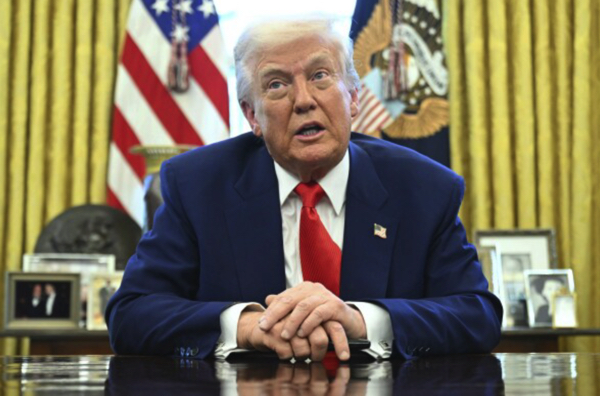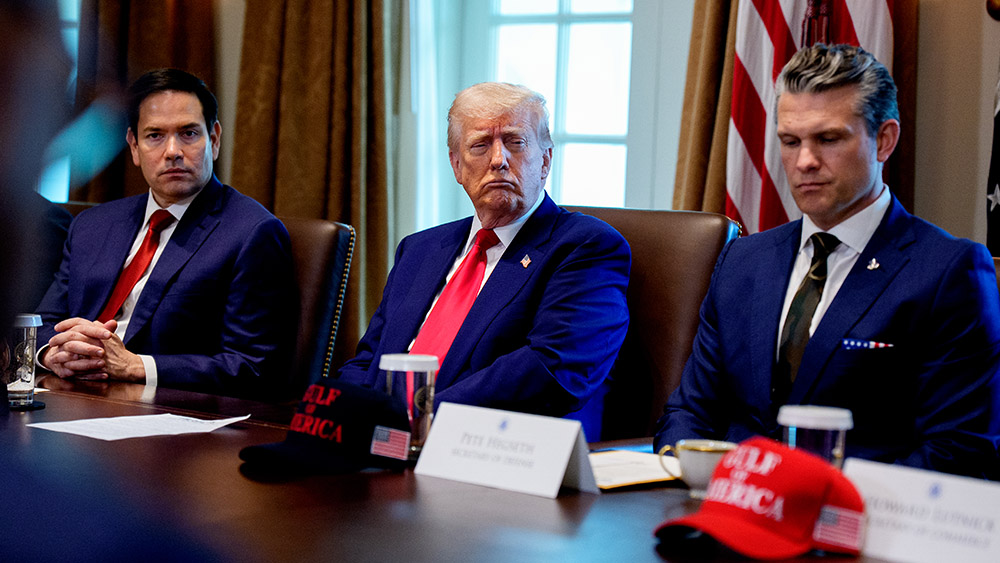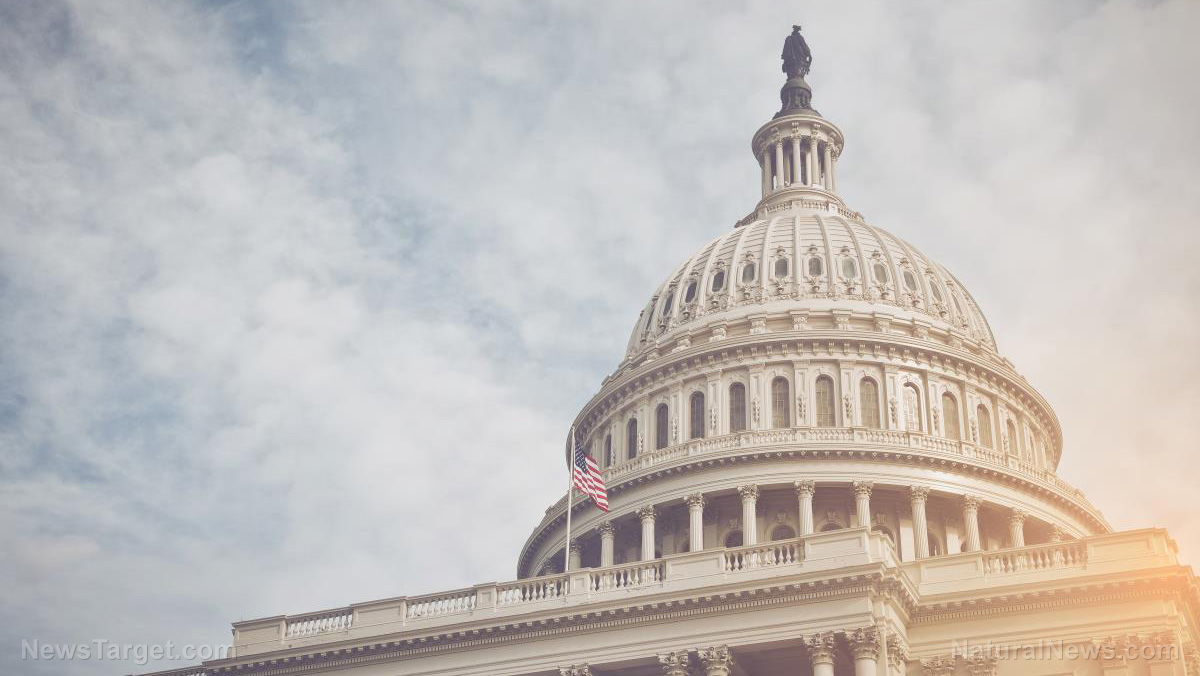 Parler
Parler Gab
Gab
- Nearly one in three Americans has downgraded or canceled insurance coverage due to rising living costs, stagnant wages and economic instability, with younger generations (Millennials and Gen Z) disproportionately affected.
- Many Americans, especially younger adults, are postponing major purchases like homes (22 percent) and cars (eight percent), with nearly a quarter now viewing renting as a smarter financial move than homeownership.
- Twenty-four percent have reduced home or auto insurance, while 29 percent have downgraded or canceled coverage entirely – often opting for bare-minimum plans, leaving them vulnerable to financial crises.
- Families prioritize immediate needs (food, rent) over insurance, with a third willing to forgo coverage temporarily and one in five considering dropping it if premiums rise further.
- While most see insurance as essential, only 37 percent trust insurers to pay claims fairly. The crisis reflects decades of wage stagnation, corporate greed and policy failures, demanding systemic reform.
Insurance: A luxury many can no longer afford
Despite the cuts, insurance remains widely valued. Seventy-seven percent see car insurance as essential, and 57 percent say the same for homeowners or renters insurance. Yet trust in the industry is crumbling. Only 37 percent believe insurers will reliably pay out claims, a skepticism fueled by rising premiums and opaque policies. When corporations prioritize profits over people, families are left questioning whether coverage is worth the cost. This isn’t just a post-pandemic blip. For decades, wage stagnation, corporate consolidation and government policies have eroded middle-class stability. The 2008 financial crisis, followed by years of low interest rates and speculative bubbles, set the stage for today's affordability crisis. Now, with inflation lingering and borrowing costs at a 20-year high, ordinary Americans are paying the price. Who's to blame? Policymakers who dismissed inflation as "transitory." Corporations that jack up prices under the guise of "supply chain issues." Insurers that raise premiums while denying claims. The solution isn't just lower rates or stimulus checks – but systemic reform that restores affordability and trust. Until then, Americans will keep making brutal trade-offs. A nation where insurance is a luxury and homeownership a fantasy is a nation in decline. Treasury Secretary Scott Bessent explains how the working class reap major benefits under Trump's economy. Watch this video. This video is from the TrendingNews channel on Brighteon.com.More related stories:
Gas prices set to drop in 2025, offering relief to American families. Macy’s and other major retailers say slower sales indicate major problems for American economy. Coresight Research warns approximately 15,000 store closures projected for 2025. Sources include: ZeroHedge.com Modernity.news InfoWars.com Brighteon.comTrump unveils 25% tariffs on Japan and South Korea amid broader trade policy shift
By Willow Tohi // Share
Trump’s tariffs spark global trade revolt: BRICS nations accelerate dollar-ditching plans
By Finn Heartley // Share
Imminent U.S. trade deadline intensifies global tensions amid pressure for bilateral deals
By Willow Tohi // Share
Trump slaps 25% tariffs on key Asian allies Japan and South Korea
By Cassie B. // Share
Secret Service amasses $400M crypto hoard, seizing assets in its fight against digital fraud
By Ramon Tomey // Share
House passes “Big Beautiful Bill” in narrow vote
By Laura Harris // Share
Governments continue to obscure COVID-19 vaccine data amid rising concerns over excess deaths
By patricklewis // Share
Tech giant Microsoft backs EXTINCTION with its support of carbon capture programs
By ramontomeydw // Share
Germany to resume arms exports to Israel despite repeated ceasefire violations
By isabelle // Share










